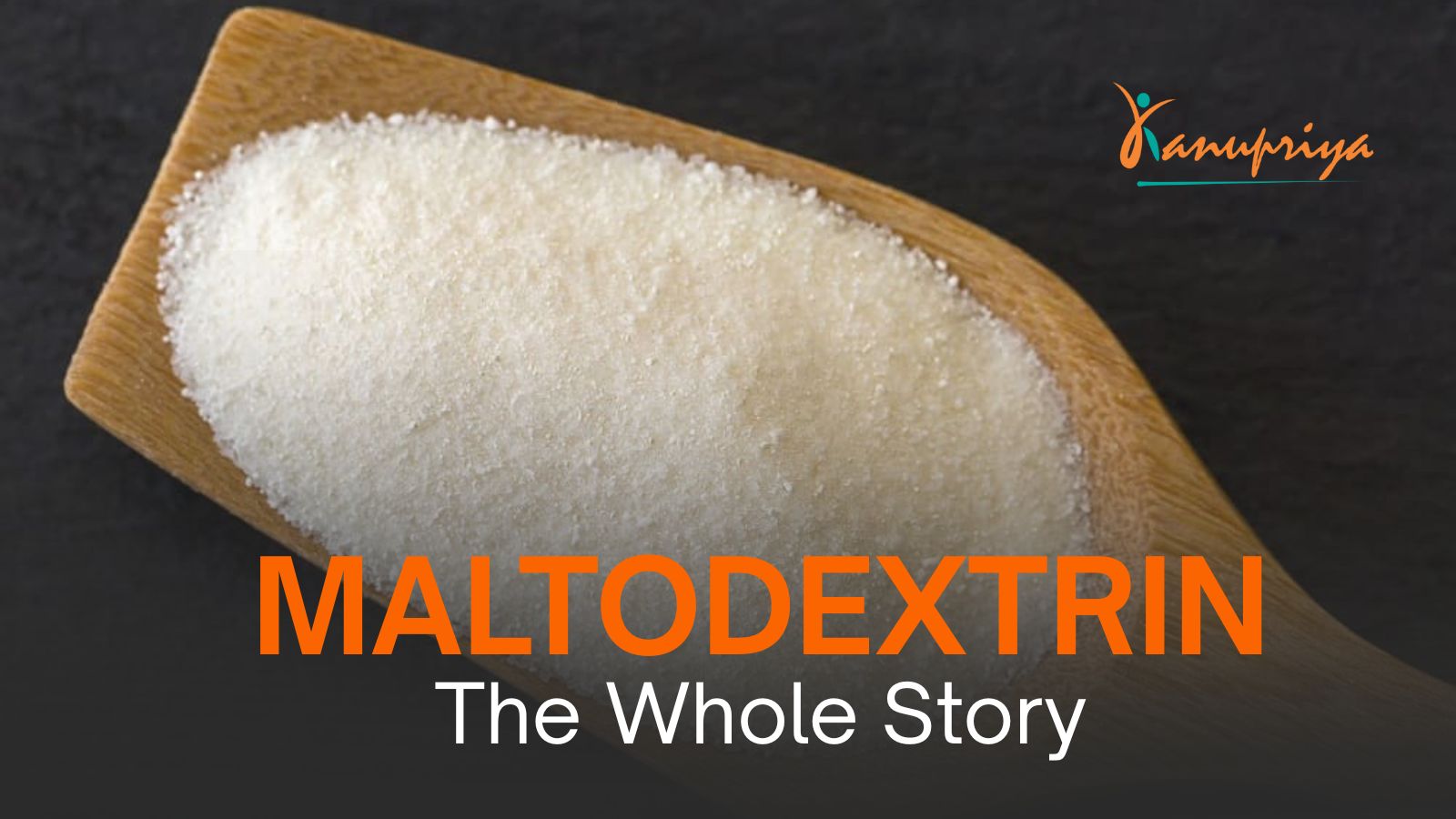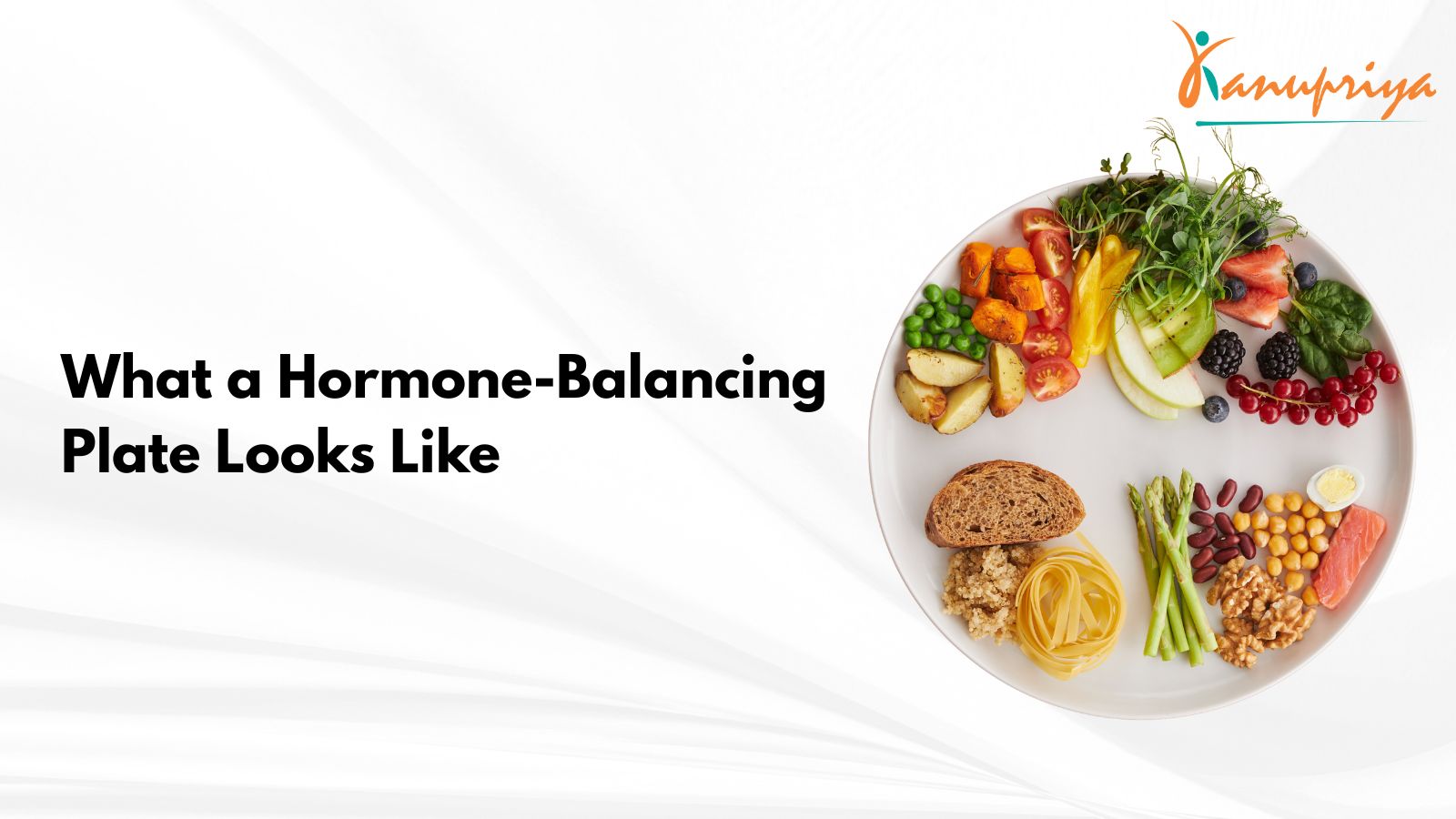Maltodextrin: The Whole Story

Strong 8k brings an ultra-HD IPTV experience to your living room and your pocket.
By Kanupriya Khanna, Clinical Nutritionist & Wellness Expert
________________________________________
When you think of sugar or starch, your mind probably jumps to sweets, breads, or snacks. But there’s an ingredient quietly sitting in many foods—even health, diabetic and “diet” products—that deserves your attention: Maltodextrin.
Despite sounding scientific and harmless, maltodextrin can play a sneaky role in disrupting your blood sugar, gut health, and long-term well-being.
So let’s break it down—what is maltodextrin, why is it used, and what do you need to know?
________________________________________
🧪 What Is Maltodextrin?
Maltodextrin is a white, powdery starch derived most commonly from corn, rice, potato, or wheat. It’s processed into a form that dissolves easily in water, making it a popular ingredient in:
• Packaged snacks
• Protein powders
• Instant soups and sauces
• Artificial sweeteners
• “Sugar-free” and “low-fat” foods
• Infant formulas and medical supplements
It has no taste of its own, but is used for its texture, shelf-life extension, and to make products “feel” richer or more filling.
________________________________________
📊 The Glycaemic Index Shock
Here's the catch: maltodextrin has a higher glycaemic index than table sugar.
That means it can cause rapid spikes in blood sugar and insulin levels—a big red flag, especially for:
• People with diabetes or insulin resistance
• Those with PCOS or hormonal imbalances
• Children with hyperactivity concerns
• Anyone trying to eat for gut and metabolic health
• People with sensitivities, allergies and intolerances
________________________________________
⚠️ Hiding in “Health” Products – Even for Diabetics
What’s most concerning is that maltodextrin is routinely found in diabetic-friendly foods, protein powders, meal replacements, and even doctor-prescribed supplements for individuals with high blood sugar.
It’s not uncommon to see “sugar-free” or “low GI” products marketed to diabetics that include maltodextrin in the top 3 ingredients. Ironically, these foods often spike blood sugar more aggressively than the sugar they claim to replace.
Unfortunately, many doctors continue to prescribe these products—ranging from diabetic biscuits and protein shakes to post-surgery recovery formulas—without being fully aware of the metabolic consequences. This highlights the urgent need for more nutrition literacy in clinical practice and greater scrutiny of what we consider “safe” for chronic conditions like diabetes.
________________________________________
💥 Health Impacts You Should Know
1. Blood Sugar Spikes
Rapid absorption makes it worse than sugar in many cases.
2. Gut Microbiome Disruption
May promote harmful bacteria while suppressing beneficial strains like Lactobacillus.
3. Allergy & Sensitivity Risks
Wheat-derived versions can still cause issues for the gluten-sensitive.
4. Empty Calories
No nutritional value—only processing bulk.
5. May Trigger Inflammation
A concern for those with autoimmune or inflammatory conditions.
________________________________________
🌿 What I Recommend Instead
As a clinical nutritionist, I always guide my clients to be ingredient-savvy, not just label-aware.
Read beyond “sugar-free.”
Flip the pack and read the ingredients.
Choose:
• Whole foods with natural fibers and unprocessed carbs
• Products that are clean-label, without starches or artificial additives
• Health snacks that use dates, coconut, millets, or nut flours instead of synthetic bulking agents
And when in doubt, ask: Would this ingredient exist in my home kitchen?
________________________________________
💡 In Summary: Know What You Eat
Maltodextrin may not be a villain—but it isn’t as innocent as it seems.
In small doses, it’s tolerated by most. But for those navigating blood sugar issues, gut imbalances, or trying to make truly clean food choices, it’s worth avoiding or minimizing.
Your health deserves transparency—and you deserve to be informed.
________________________________________
Wondering if your “health” foods are actually harming your metabolism or gut health?
Book a nutrition consult today and let’s decode your food and supplement labels together.
Note: IndiBlogHub features both user-submitted and editorial content. We do not verify third-party contributions. Read our Disclaimer and Privacy Policyfor details.







